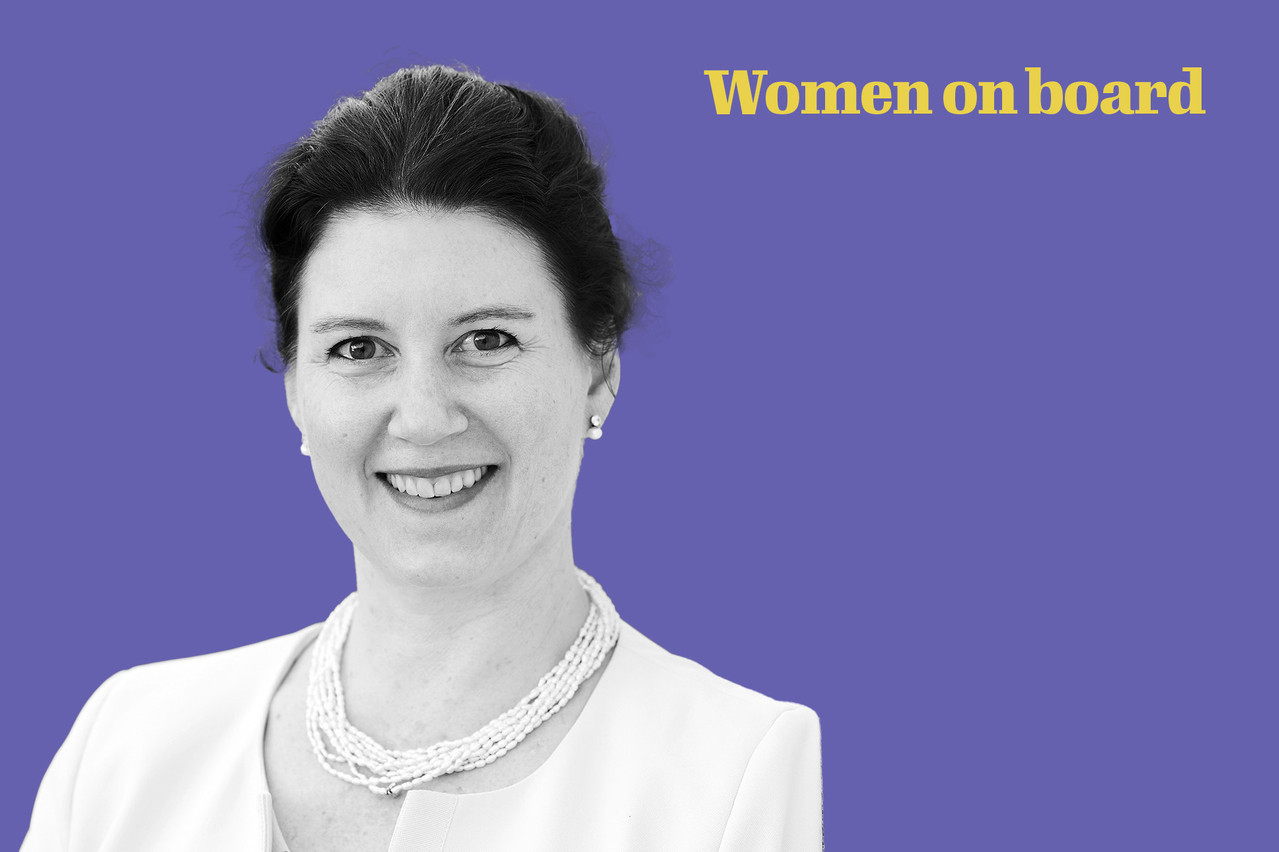is managing director and executive committee member of the International Capital Market Association (ICMA). An ILA-certified board director and Deutsche Börse certified board director, she has held mandates in ICMA Ltd since November 2024.
Paperjam: What are the main challenges you’ve faced as a female independent board member?
Natalie Westerbarkey: Sometimes the board discussion can get heated. As a female board chair, it is important to rely on your inner confidence so to allow a healthy debate, but knowing when to move on with the agenda.
How do you handle resistance or skepticism directed at you?
Through logic and remaining rational.
Do you believe gender equality is improving within boards of directors?
There is some progress, probably due to increased awareness of the benefits of gender equality, cultural shifts or enforced by regulation. However, looking at the large listed companies across Europe and taking into account numerous studies, we are still some way off achieving gender equality.
What is your opinion on quotas for women on boards? Are they necessary or counterproductive in your view?
Ideally, gender equality would be reached without quotas, but in my observation, over the last 25 years, progress has been very slow. It would be good to try quotas, since not much has been achieved without them. However, quotas can lead to accusations of tokenism and appointments being made just to meet the quota, which may lead to “sustain-mode” within companies once quotas are met, leaving little momentum for them to achieve gender parity.
As a female board member, do you feel a particular responsibility to advocate for gender parity and inclusion?
Yes, I feel a responsibility to raise awareness in case I sense inequality. However, both female and male board members should support women to achieve gender parity, call out bias and discrimination and build a culture of mutual encouragement.
In your view, how does diversity impact a board’s performance?
Diversity and constructive, respectful debate is essential for good board performance and not limited to gender, but very importantly diversity of thought.
What solutions or policies could foster better gender parity?
Workplace policies including flexible work arrangement to accommodate care of children, needy and elderly family members would help substantially to foster better gender parity. This would allow employees to balance professional, family and personal responsibilities which is essential. In addition, it is essential that men also normalise inclusive practices, such as taking full parental leave and working flexibility. Firms need to have mentorship and sponsorship programmes for both male and female employees to promote awareness and ensure that all genders are matched to opportunities without bias.
What advice would you give to a woman hesitating to take this path?
Finding the right balance between comfort zone and stepping out of it from time to time is a prudent path.
Do you have an anecdote or a defining moment in your career that illustrates the reality of being a woman in this role?
Sometimes I received humorous, yet well-intended remarks for being the chair of the board, but I believe it was not just gender, but also age-related assumptions. I was, however, the person most qualified for the role, which is a non-visible factor to outsiders and it is helpful to have formal board director certifications.
What advice would you give to a young woman who wants to make her mark in society? And what would you caution her against?
There is no shortcut [I think]. It’s always important to focus on knowledge, invest in formal qualifications and stay cool.
